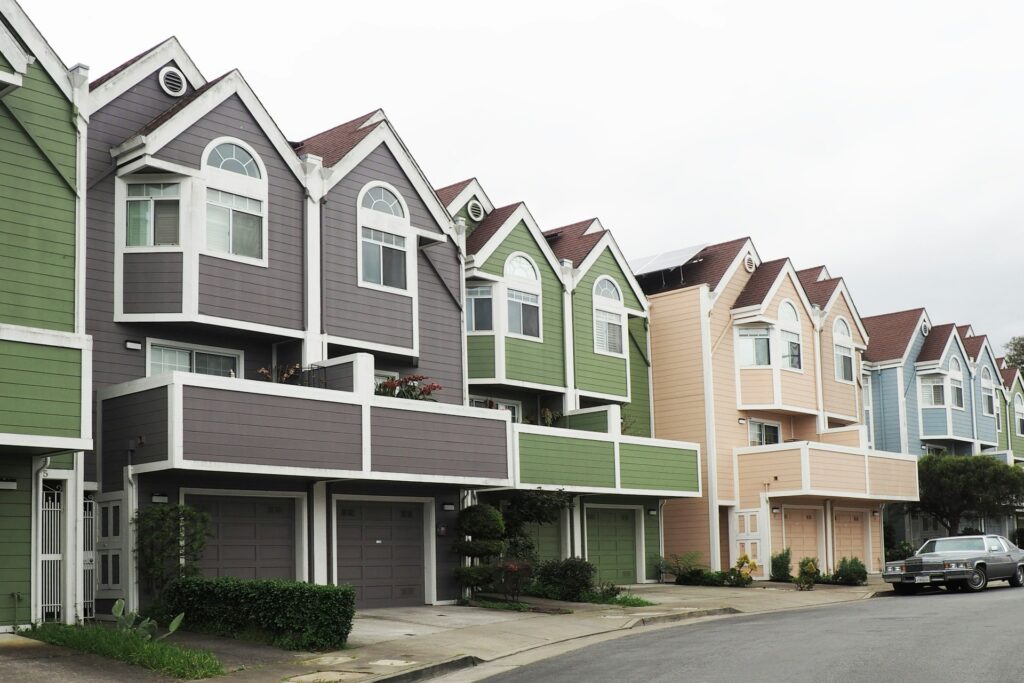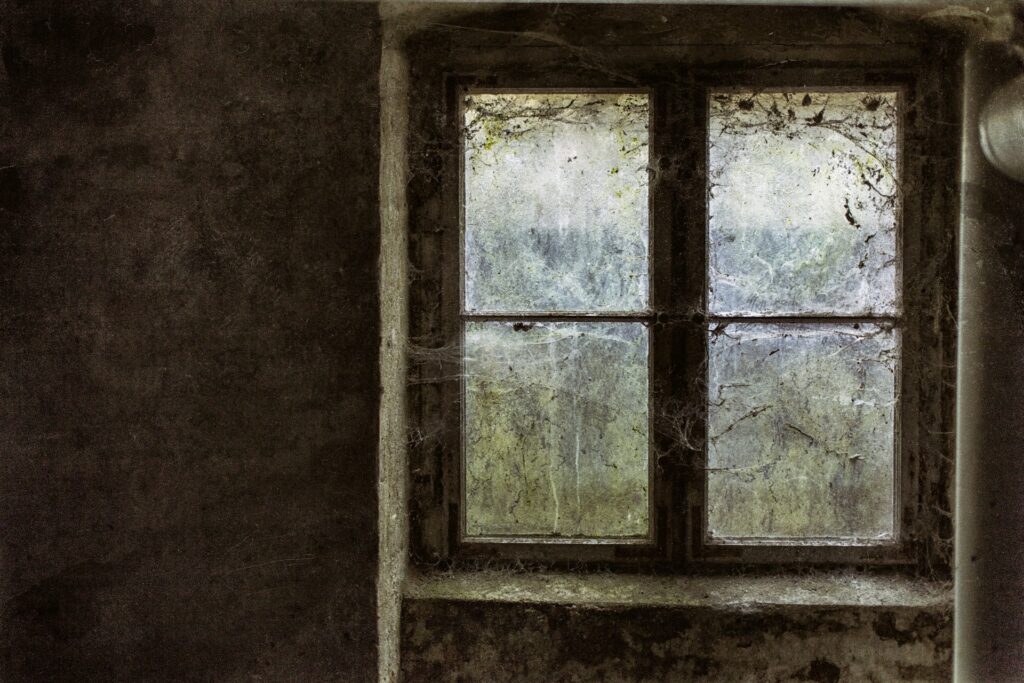
We are reader-supported. When you buy through links on our site, we may earn an affiliate commission.
Buying a home can seem like a confusing and challenging process, especially if you’re a first-time homeowner. From real estate agents to lawyers, if you’re looking to assess what your final expenses are going to look like, you may not be sure who — or what — to factor in. If you’ve found your dream home and you think you may have your budget in order, take a look at these nine new home expenses you may not expect.
1. Agent Commission
If you’re using a real estate agent — a smart idea for any first-time home buyer — you should take the agent commission into account. Agent commission is typically 5 to 6% of the home’s sale price, which will then get split between both the buyer’s and seller’s agent. For example, if you’re looking to buy a $200,000 home, a 5% agent commission will cost $10,000.
2. Down Payment
The size of your down payment, or how much money you’re offering the lender up front, is based on the price of the house. Traditional mortgage lenders expect a 20% down payment, which would equal $40,000 for a $200,000 home. However, this could be less depending on the market, your credit history or alternative loans.
3. Closing Costs
Closing costs can vary greatly and cover a wide range of services, including the following:
- Appraisal fee: A professional valuation of your newly bought home
- Survey fee: A service for outlining and verifying a home’s property lines
- Underwriting fees: The fee included with verifying and processing your loan application
- Document prep fee: A service that prepares your loan documents for processing
- Credit report fee: The cost associated with pulling your credit history
- Title insurance: A policy which protects you in the event the seller misrepresented the property or deed ownership
- Recording fees: Fees your local government assesses for recording new property records
Remember, closing costs typically get estimated beforehand, and it’s common for them to cost 10% or more of the original price and about 5% of the mortgage payment.
4. Property Taxes
Property taxes and regulations will vary from state to state. Be sure to ask your real estate agent about the specific laws that apply to your home. Remember that if you plan to renovate or make updates to your home, the local government can raise property taxes. You can also be assessed fees to cover municipal projects and expenses.
5. Mortgage Payments
This expense may seem obvious, but it’s one to always keep in mind when determining your budget. According to one study, the average American homeowner is paying a monthly mortgage bill of $1,030. This expense is on top of any other bills you may have to cover, including a previous mortgage you might still have to pay off.
6. Mortgage Insurance
If you make a down payment of less than 20%, which many do, you’ll have to purchase private mortgage insurance (PMI). This additional monthly fee varies, based on the cost and value of your home. If you decide on a Federal Housing Administration (FHA) loan, which only requires a 3.5% down payment, you’ll have to pay for FHA insurance rather than PMI.
7. Homeowner’s Insurance
Much like property taxes, your homeowner’s insurance can vary based on the state you live in and the value of your home. You’ll want to choose a policy that covers any hazards that could affect your property, such as floods, earthquakes or tornadoes. You can usually save money by bundling your homeowner’s insurance with your auto policy.
8. Utility Hookups
Many utility companies charge an extra fee to install or hook up a new utility, including electricity, natural gas and internet. Even if you are transferring your service from a previous location, there are some fees you should expect to encounter. Call your utility provider beforehand to learn which rates you should factor into your budget.
9. Cleaning and Maintenance
When you buy a new home, you can never exactly know what to expect. Some homes might only require a thorough dusting and once-over with a vacuum, while others will require the handiwork of professional cleaners. You should consider the possibilities of these costs when considering new home expenses. Necessary maintenance, such as replacing a major appliance you didn’t know malfunctioned or improving the insulation around your windows and doors, might also make itself known once you’ve moved in and begun to settle.
Know Your New Home Expenses
Before you buy a house, you’ll want to know exactly what it’s going to cost you and if you can afford it. Beyond the obvious expenses like a down payment and mortgage payments, there are plenty of other fees and costs it’s easy to forget about.
Remember, buying a house will always come with unexpected challenges. It’s best to plan for those challenges by saving up money for new home expenses that may take you by surprise.










